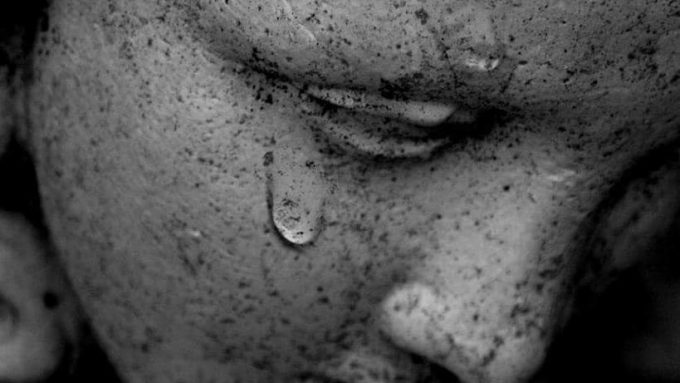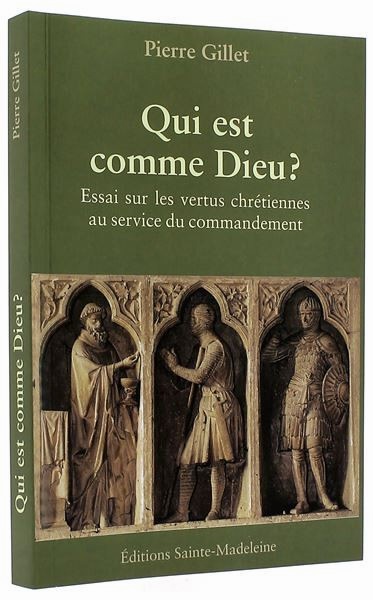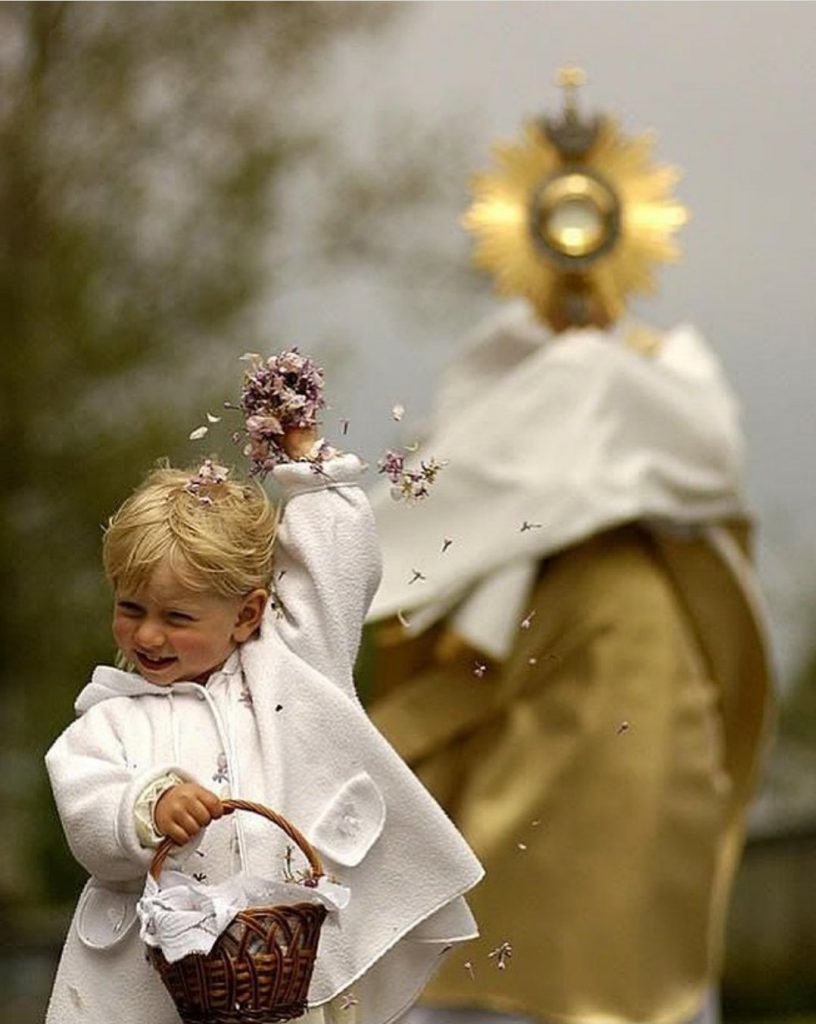In the Middle Ages, when the faithful used to take communion only at Easter time, devout people, usually women, expressed their desire to do so more frequently.
This is how the custom of spiritual communion appeared. “Towards the end of the twelfth century, the most popular form of spiritual communion was to express a prayer and requests during the elevation which follows the consecration. […] It is considered that the eulogy or holy bread was a quite acceptable replacement for sacramental communion […].
According to some authors, the blessing of people and the kiss of peace could also replace communion. […] Spiritual communion was recommended to those who were too ill to receive the consecrated species. […] Theologians reinforced this practice by teaching that, through spiritual communion, we received as many graces necessary for our salvation as through sacramental communion” (G. Macy in Eucharistia. Encyclopédie de l’Echaristie , under the direction of M. Brouard, Paris, 2002, p. 182).
Even if, today, the practice of daily confession is common, the Church nevertheless invites the faithful to recite spiritual communions often throughout the day to ignite themselves in love of God, "so as to unite to the Redeemer with lively faith, a spirit respectfully humble and confident in his will, with the most ardent love” (Pius XII, encyclical Mediator Dei , November 20, 1947). Archbishop Le Tourneau
Here are two forms of spiritual communion:
“I would like, Lord, to receive you with purity, humility and devotion
with which your Most Holy Mother received you;
with the spirit and fervor of the saints. »
“My Jesus, I believe that you are present here in the Blessed Sacrament. I love you above all things and I ardently desire to receive you.
But since, at this moment, I cannot do it sacramentally, come at least spiritually into my heart.
As if you were already present there, I adore you and I unite myself entirely to you; do not allow me ever to separate from you.
Jesus, my good, my sweet love, inflame my heart with love, so that it always burns with love for you.
Cherubim, Seraphim who adore Jesus in the Blessed Sacrament, night and day, pray for us and give us the holy blessing of Jesus and Mary.



